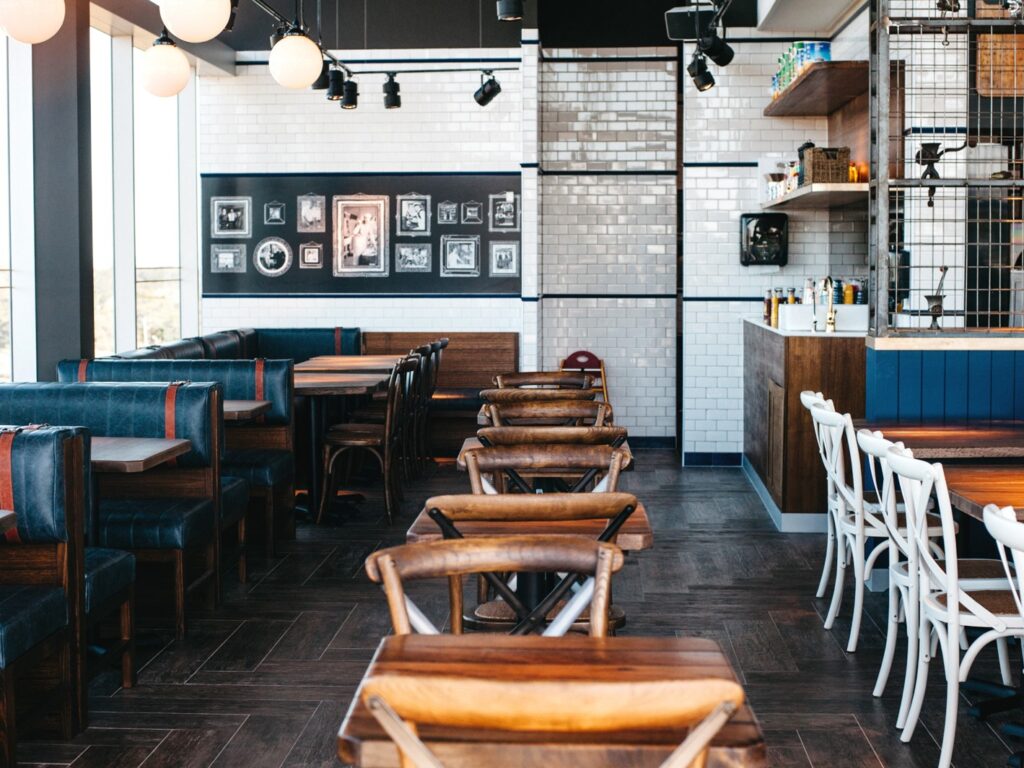
Ribs & Burgers has got a taste for growth; it has boosted its brand and launched into franchising.
The casual dining business comprises 18 corporate outlets in Australia, two stores in South Africa, and one restaurant in the UK and has plans to grow its footprint across Sydney, Brisbane, Melbourne and Perth. The growth will be a mix of company owned and franchised outlets.
Going hand in hand with expansion, a recent upgrade is designed to elevate the food and customer experience and includes improved signage, better seating and an open plan kitchen.
The menu in this fast casual boutique chain has been refreshed, with secret family recipes, popular burger patties and flame-grilled dishes at its heart, and a bigger focus on chicken dishes, and light wraps for the lunchtime consumer..
Executive GM at the franchisor Blue Coral Concepts, David Ovens, says “We are excited to take on the franchise opportunities of Ribs & Burgers because we have seen consistent growth in their home market of Australia and look forward to seeing similar performance in our new franchised locations.”
He insists that opening just three or four new franchise outlets a year, with the right people on board, in the right location, and for the right reason, is preferable to speedy growth without all the pieces in place.
“The most important decision is the partner selection, the second is site selection,” he tells Inside Franchise Business.
“Our goal is to focus on the financial performance of each individual store by having the right location with the right partners to execute Ribs & Burgers the right way.
“You want franchisees to be incredibly successful and make lots of money. We want to work with people who understand the food business.”
A typical franchisee will be already running a business or an employee of a food and beverage business, someone able to understand the landscape and the importance opening and closing procedures and managing shifts.
It’s a hands-on operational role says Ovens but there’s a collaborative approach built on team spirit.
Ovens brings plenty of food franchise and marketing experience to the business: 12 years with Yum!, in the leadership team at KFC and Pizza Hut in Australia, and Taco Bell in the US; experience with Oporto, Red Rooster and Chicken Treat in what was then QSR Holdings.
He points out the franchisor has a vested interest in the franchisee achieving financial success.
“If franchisees are profitable, everything is easy,” he says
And to that end, Ribs & Burgers issues a ‘partnership pact’, a one page document on what the franchisor believes is central to the relationship. It distills the essence of the relationship and is the foundation of the partnership that will be reverted back to should franchisee/franchisor conflicts occur.
“It’s about being honest, open and direct in all aspects of the business. It’s a constant dialogue,” says Ovens.
Once a few franchisees are established, Blue Coral will ensure there is a representative voice through a franchisee committtee.
“The franchisor and franchisee must have some respect for each other. It can’t be a master and servant situation.”
A franchising future
As the Ribs & Burgers chain expands it will make use of current support structures if viable. In geographically cohesive Sydney, the existing operations team can easily manage franchise stores, says Ovens. This won’t translate around the country however, so franchise-focused staff will be brought on where appropriate to provide relevant support.
The development of Ribs & Burgers is just the beginning though for Blue Coral Concepts which is looking at multi-brand franchising; its portfolio currently includes restaurant brands Hunter & Barrel, and Italian Street Kitchen.
This may mean streamlining some elements of back office and the supply chain but only where it is of benefit to each of the brands. Ovens says easy elements to share might be Point of Sale operations, standardised templates and benchmarking that allow for franchisees and corporate stores to be viewed through the same lens.
And while some operational elements might be shared Ovens is clear there needs to be brand isolation too, something he observed at Yum!.
“The management effort has to be more individual and independent, with each group focused on its own brand,” he says.

